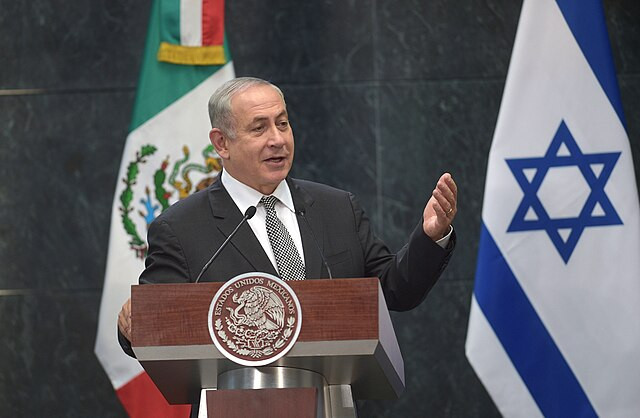Hamas announced Monday that it is postponing the next scheduled hostage release under the ongoing ceasefire agreement, accusing Israel of failing to meet its obligations under the deal. The decision, disclosed in a statement by Abu Obeida, the spokesperson for Hamas' military wing, threatens to derail the fragile truce that has facilitated multiple exchanges of Israeli hostages for Palestinian prisoners.
"Over the past three weeks, the resistance leadership has monitored the enemy's violations and failure to fulfill its obligations under the agreement, including the delay in allowing the return of the displaced to the northern Gaza Strip, targeting them with direct shelling and gunfire in various areas across Gaza, and denying relief supplies of all kinds to enter as agreed," Abu Obeida said in a statement on Hamas' official channel. "Therefore, the release of the Zionist prisoners next Saturday, Feb. 15, 2025, will be postponed until further notice, and until the occupation commits to and provides compensation for the entitlements of the past weeks retroactively."
The ceasefire, which began last month, outlines the release of 33 hostages held in Gaza in exchange for nearly 2,000 Palestinian prisoners detained in Israel. To date, five exchanges have been carried out, leading to the release of 21 Israeli hostages and over 730 Palestinian detainees. The next round was set to see three additional Israeli hostages freed on Saturday in exchange for hundreds more Palestinian prisoners.
Israeli Defense Minister Israel Katz condemned Hamas' move, calling it a "blatant violation of the ceasefire agreement and the hostage release deal." He added, "I have instructed the IDF to maintain the highest level of readiness for any possible scenario in Gaza and to fortify the defense of Israeli communities. We will not allow a return to the reality of Oct. 7."
Israeli Prime Minister Benjamin Netanyahu held an emergency security meeting following the announcement, Israeli media reported. Officials familiar with the matter indicated that mediators, including Qatari and Egyptian officials, were urgently working to salvage the agreement and prevent a broader collapse of the ceasefire terms.
The Hostages and Missing Families Forum, an advocacy group dedicated to securing the release of those abducted on Oct. 7, issued a statement urging the mediators to intervene. "We stand with the Israeli government and encourage maintaining the conditions that will ensure the successful continuation of the agreement, leading to the safe return of our 76 brothers and sisters," the group said. "Recent evidence from those released, as well as the shocking conditions of the hostages released last Saturday, leaves no room for doubt-time is of the essence, and all hostages must be urgently rescued from this horrific situation."
The postponement follows the release of three hostages on Saturday-Eli Sharabi, 52; Or Levy, 34; and Ohad Ben Ami, 56-who appeared frail and malnourished. Their condition triggered widespread outrage in Israel and further intensified calls for the immediate return of the remaining hostages. In exchange, Israel released 183 Palestinian prisoners that day.
On Sunday, President Donald Trump weighed in on the latest hostage releases, stating they "looked like Holocaust survivors" and "like they haven't had a meal in a month." He added, "I don't know how much longer we can take that. At some point, we're gonna lose our patience."
Hamas' demands for additional concessions highlight the volatility of the ceasefire. While previous disputes over implementation have been resolved through diplomatic mediation, Israeli officials fear that the postponement could mark the beginning of a broader effort by Hamas to extract further conditions or stall the overall exchange process.
According to Hamas, Israel has failed to meet its obligations under the ceasefire by restricting the movement of displaced Palestinians attempting to return to northern Gaza and by delaying the entry of critical humanitarian aid, including medical supplies and shelter materials. The group accused Israel of selectively enforcing the agreement while Hamas, it claimed, had complied with all conditions.
Israel has consistently denied claims that it is violating the ceasefire agreement, instead accusing Hamas of using hostages as leverage to manipulate the terms of the deal. Netanyahu's government has also faced growing domestic pressure, with protests in Tel Aviv demanding a stronger push for the hostages' release and accusing the Israeli leadership of mishandling negotiations.






